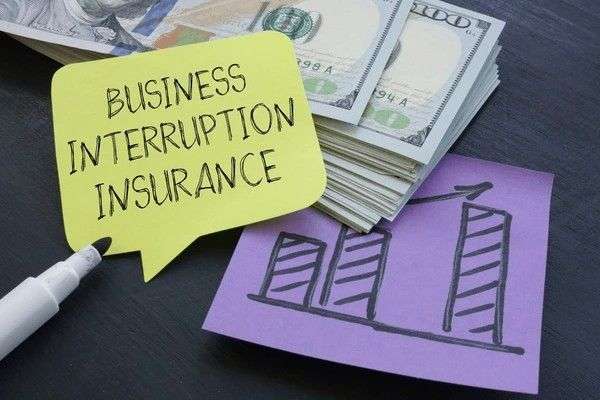Understanding Act of God: Definition, Examples, and Legal Implications
Act of God refers to an event or occurrence that is beyond human control and is typically unforeseen and unavoidable. In legal and insurance contexts, it is often used to describe natural disasters or catastrophic events that cause damage or disruption to property, businesses, or individuals. Understanding the concept of an act of God is […]
Understanding Act of God: Definition, Examples, and Legal Implications Read More »










